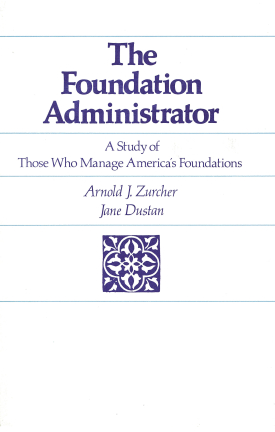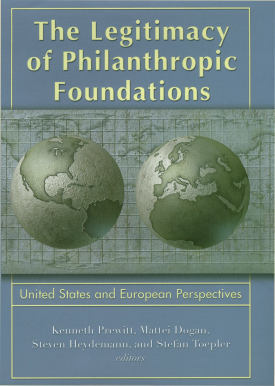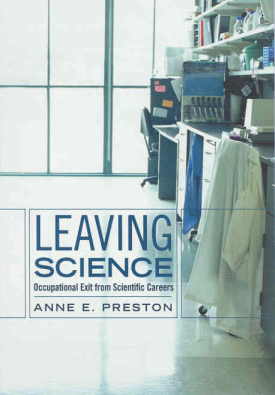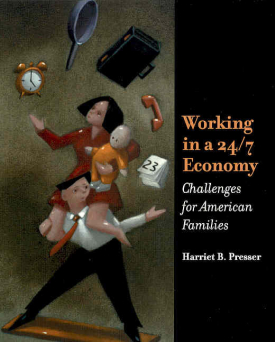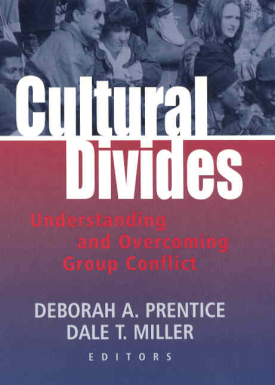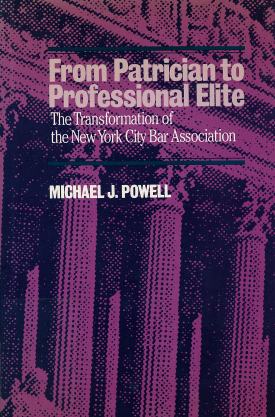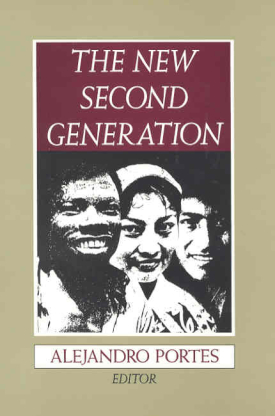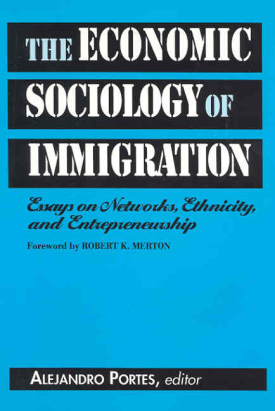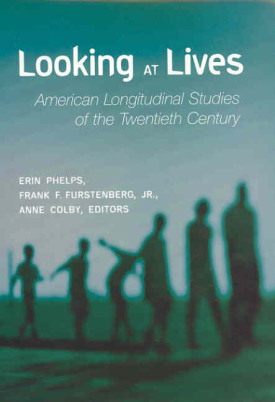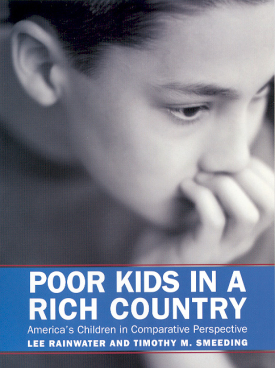
Poor Kids in a Rich Country
About This Book
In Poor Kids in a Rich Country, Lee Rainwater and Timothy Smeeding ask what it means to be poor in a prosperous nation - especially for any country's most vulnerable citizens, its children. In comparing the situation of American children in low-income families with their counterparts in fourteen other countries—including Western Europe, Australia, and Canada—they provide a powerful perspective on the dynamics of child poverty in the United States.
Based on the rich data available from the transnational Luxembourg Income Study (LIS), Poor Kids in a Rich Country puts child poverty in the United States in an international context. Rainwater and Smeeding find that while the child poverty rate in most countries has been relatively stable over the past 30 years, child poverty has increased markedly in the United States and Britain—two of the world's wealthiest countries. The book delves into the underlying reasons for this difference, examining the mix of earnings and government transfers, such as child allowances, sickness and maternity benefits, unemployment insurance, and other social assistance programs that go into the income packages available to both single- and dual-parent families in each country. Rainwater and Smeeding call for policies to make it easier for working parents to earn a decent living while raising their children—policies such as parental leave, childcare support, increased income supports for working poor families, and a more socially oriented education policy. They make a convincing argument that our definition of poverty should not be based solely on the official poverty line—that is, the minimum income needed to provide a certain level of consumption—but on the social and economic resources necessary for full participation in society.
Combining a wealth of empirical data on international poverty levels with a thoughtful new analysis of how best to use that data, Poor Kids in a Rich Country will provide an essential tool for researchers and policymakers who make decisions about child and family policy.
LEE RAINWATER is professor emeritus of sociology at Harvard University and research director of the Luxembourg Income Study.
TIMOTHY M. SMEEDING is Maxwell Professor of Public Policy, professor of economics and public administration, and director of the Center for Policy Research at Syracuse University. He is also the director of the Luxembourg Income Study.
An Institute for Research on Poverty Affiliated Book on Poverty and Public Policy

